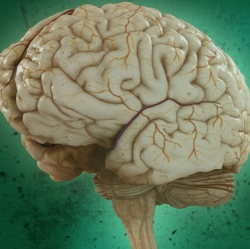
Houston Methodist Research Institute scientists have found that Alzheimer’s disease and cancer share a pathway in gene transcription, a process essential for cell reproduction and growth. They published findings in December 2013 in the open access journal Scientific Reports.
The scientists used the Lonestar and Stampede supercomputers at the Texas Advanced Computing Center (TACC) at The University of Texas at Austin to analyze and compare data from thousands of genes and to narrow the search for common cell signaling pathways of the two diseases.
The Lonestar and Stampede systems are part of the Extreme Science and Engineering Discovery Environment (XSEDE), a single virtual system that scientists use to interactively share computing resources, data and expertise.
XSEDE is funded by the National Science Foundation (NSF) through award ACI-1053575. The research is supported by a gift from the T.T. and W.F. Chao Foundation, and by grants from the National Institutes of Health (NIH).
Lead investigator Stephen Wong, a medical researcher and bioengineer with HMRI, said his study showed a new link between Alzheimer’s disease, the most prevalent form of neurodegenerative disease, and glioblastoma multiform (GBM), the most aggressive form of brain cancer.
"This is the first time people have found that at the molecular mechanism level there are linkages between the two diseases," Wong said.
